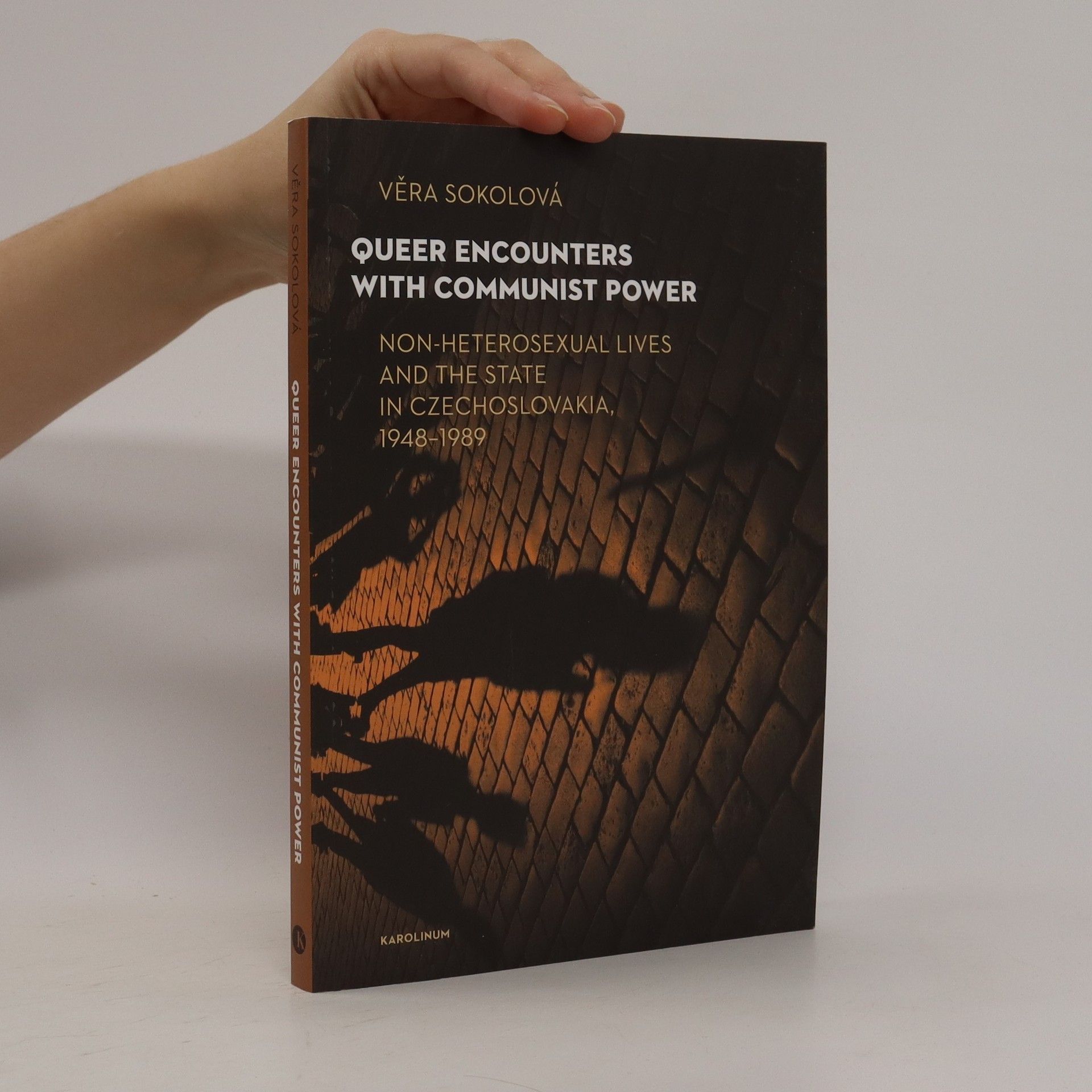How did the Communist regime in Czechoslovakia approach non-heterosexuality? How did young girls and boys come to realize their queer desires and identities within a state known for repressing individuality? What did they do with that self-awareness—and later on, as adults, what strategies did they employ in their everyday dealings with a state that defined homosexuality as a medical diagnosis? Queer Encounters with Communist Power answers these questions as it interweaves groundbreaking queer oral history with meticulous archival research into the discourses on homosexuality and transsexuality in Czechoslovakia from 1948 to 1989.
Věra Sokolova Bücher




While constructions of gender have always been informed by explicit and implicit connotations of generation, the study of generational aspects of gender and of the "gender of generation" remain relatively marginalised within academic discourse. Growing out of an international conference on "Gender and Generation," the present volume brings together writings that, speaking from diverse disciplinary contexts, explore and formulate the ways in which generation interlinks with gender.
Odvaha nesouhlasit: Feministické myšlení Hany Havelkové
- 605 Seiten
- 22 Lesestunden
Publikace souhrnně představuje hlavní myšlenky z celoživotního díla Hany Havelkové. Obsahuje šestnáct zásadních textů z její rozsáhlé bibliografie od začátku devadesátých let 20. století do současné doby, v nichž Hana Havelková formulovala své stěžejní argumenty, koncepty a teorie. Původní texty Hany Havelkové jsou doplněny o dvacet pět příspěvků jejích kolegyň a kolegů, kteří se nechávají inspirovat tematickým zaměřením jejího díla, rozvíjejí její myšlenky, vzdávají hold její vědecké i pedagogické kariéře a v neposlední řadě její charismatické osobnosti.